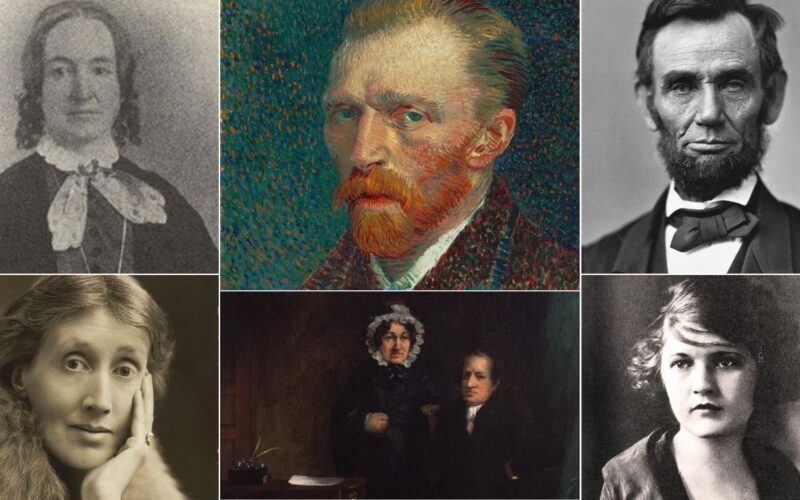We often imagine historical legends as larger-than-life figures, untouched by human struggles. However, many renowned figures quietly battled severe mental illness behind closed doors, influencing their lives and legacies in profound ways. From artists to rulers, mental health shaped their stories just as powerfully as their greatest achievements. Here’s a closer look at nine iconic individuals whose mental health battles remind us that greatness often coexists with deep, internal struggles.
1. King Charles VI of France
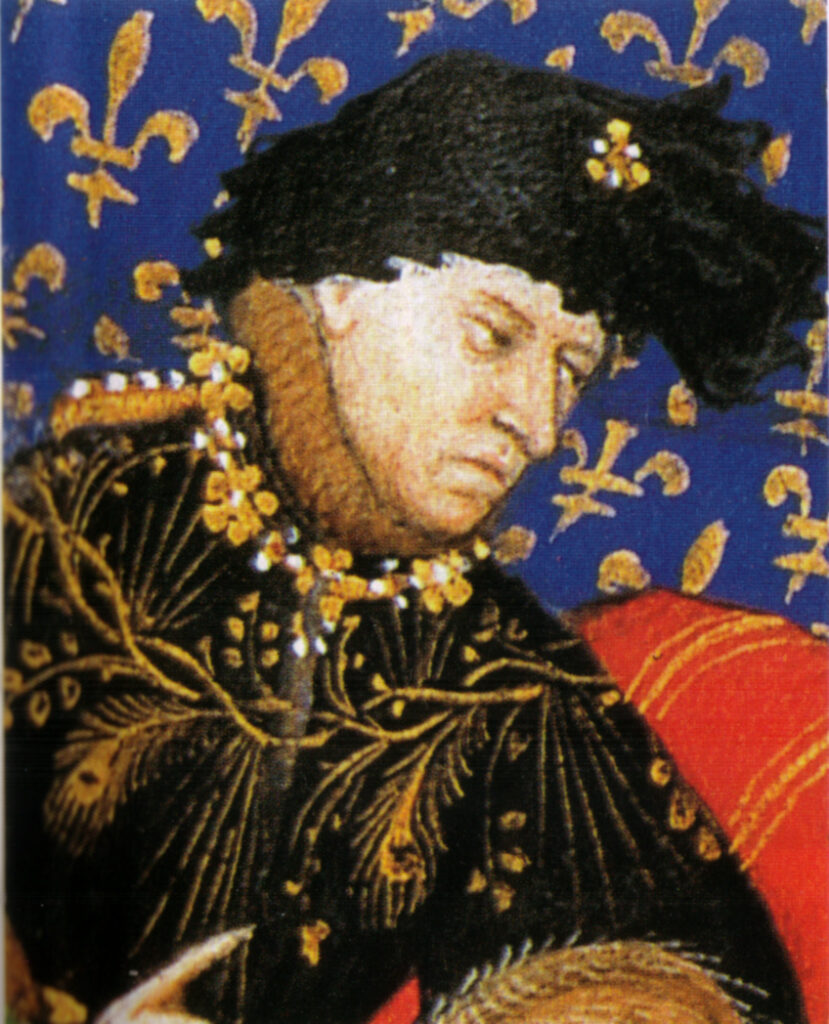
King Charles VI’s reign was overshadowed by severe psychosis, beginning when he was just 25. Known as “Charles the Mad,” he experienced frequent episodes of delusion, paranoia, and violent outbursts. During one severe breakdown, Charles believed he was made of glass, fearing he would literally shatter. This glass delusion led him to reinforce his clothing with iron rods for protection. His illness significantly impacted his reign, contributing to political instability and conflict during the Hundred Years’ War.
2. Mary Lamb
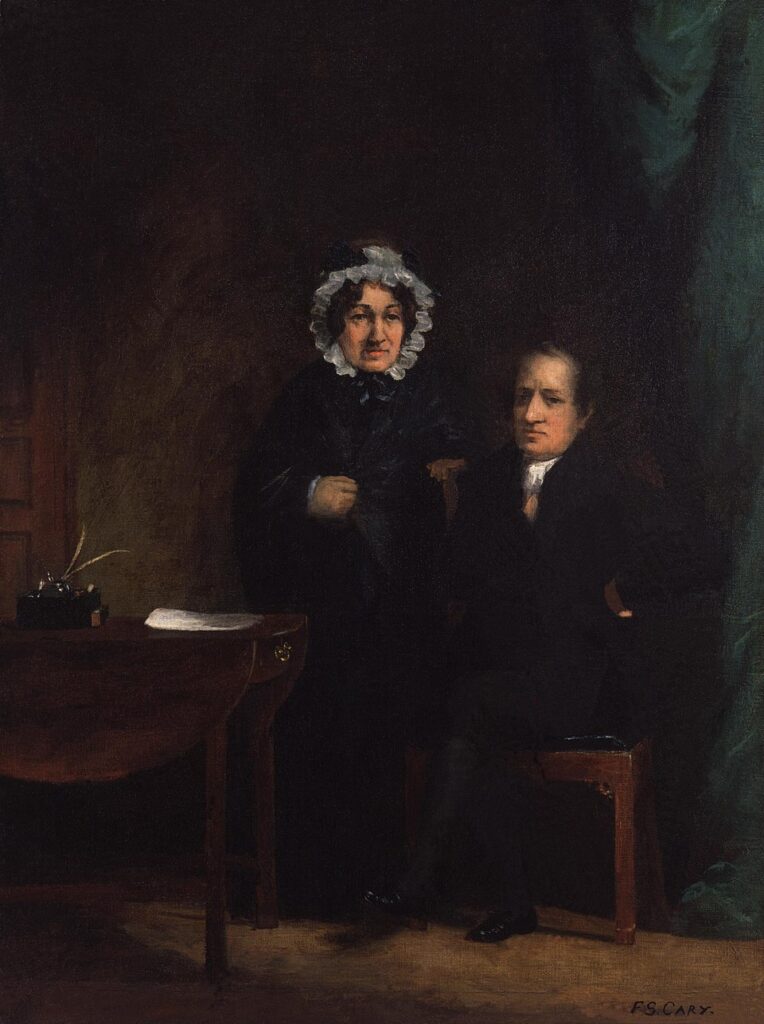
Mary Lamb was a brilliant writer who, alongside her brother Charles Lamb, adapted Shakespeare’s plays into children’s stories. However, her literary brilliance existed alongside intense struggles with mental health. In a tragic 1796 breakdown, Mary fatally stabbed their mother. After this incident, she spent periods of her life institutionalized and constantly cared for by Charles. Mary’s personal tragedy emphasizes the harsh realities many faced in an era with little understanding or compassion for mental illness.
3. Vincent van Gogh
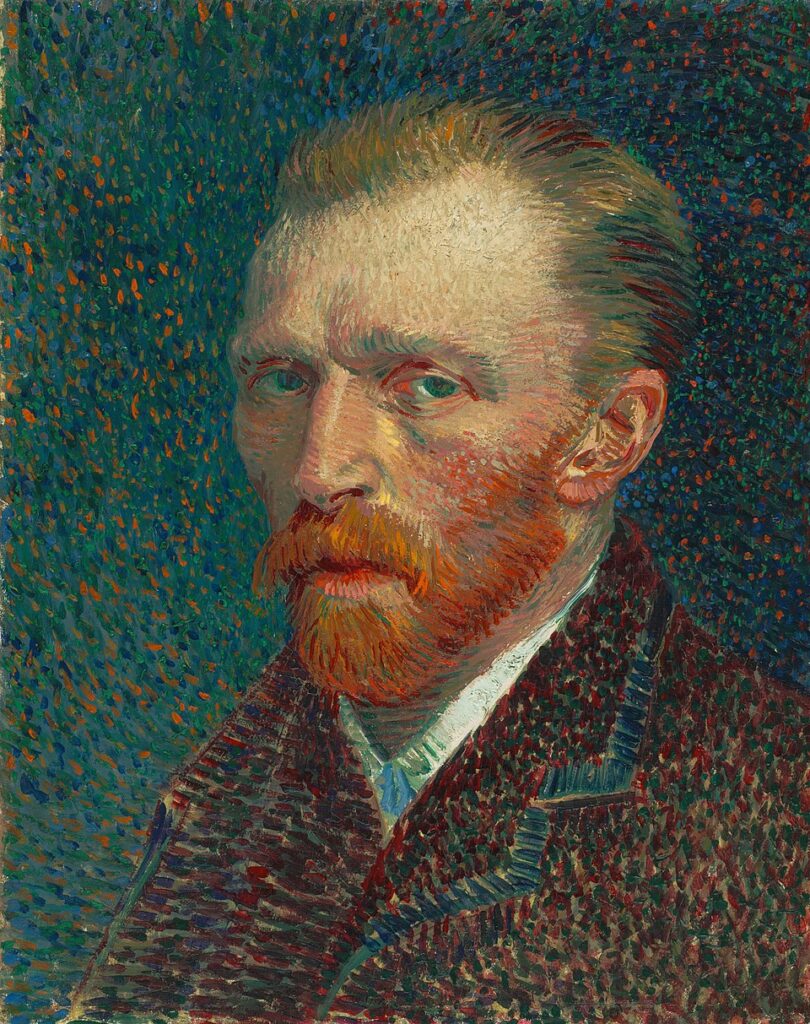
Vincent van Gogh’s vibrant paintings speak volumes about his creative genius, but equally profound was his lifelong battle with mental illness. Throughout his life, van Gogh experienced frequent depressive and manic episodes, intense hallucinations, and seizures. In one infamous episode, he severed part of his ear during an acute psychotic breakdown. While modern scholars debate whether he suffered from bipolar disorder or schizoaffective disorder, van Gogh’s emotional turmoil undoubtedly influenced the raw emotional intensity of his artwork.
4. Zelda Fitzgerald
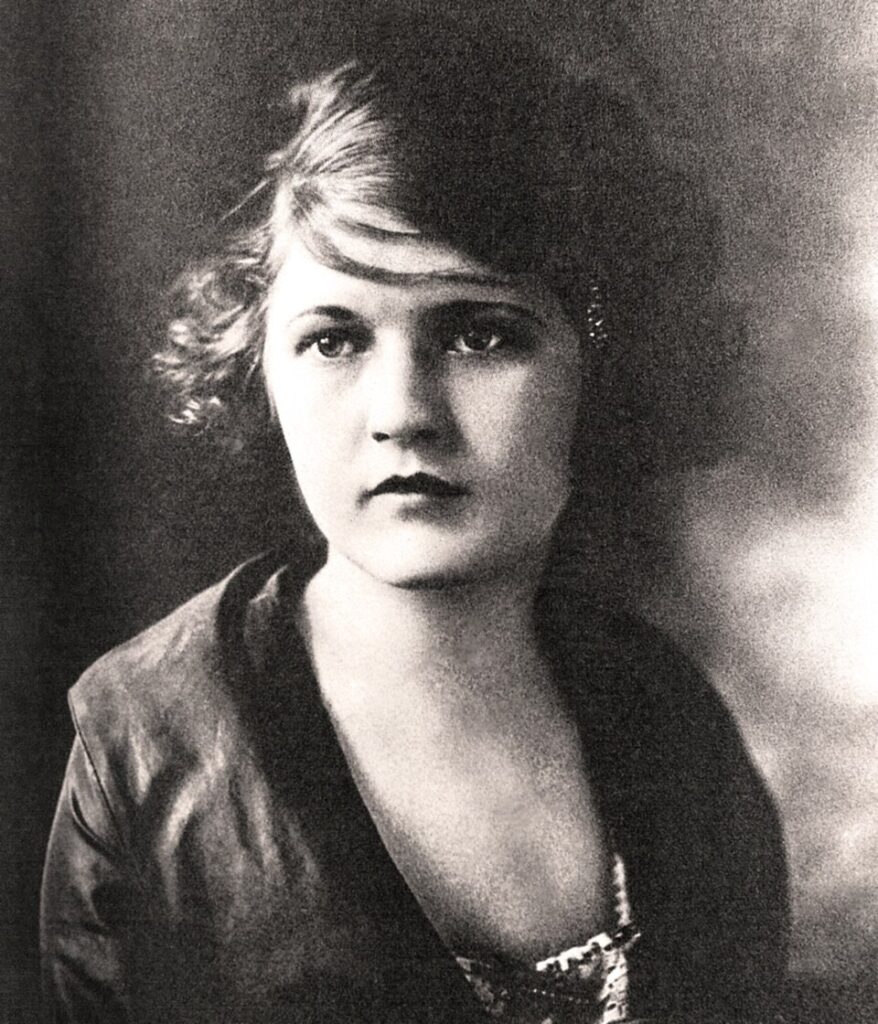
Zelda Fitzgerald, the glamorous wife of novelist F. Scott Fitzgerald, was a literary icon in her own right, yet her fame was intertwined with profound emotional suffering. Zelda faced frequent institutionalization due to severe mood swings, violent outbursts, and suicide attempts. Misdiagnosed treatments, including electroshock therapy, worsened her condition, leaving her with lasting psychological scars and memory loss. Today, experts speculate that Zelda’s struggles were likely due to schizophrenia or bipolar disorder, misunderstood during her lifetime.
5. Elizabeth Packard
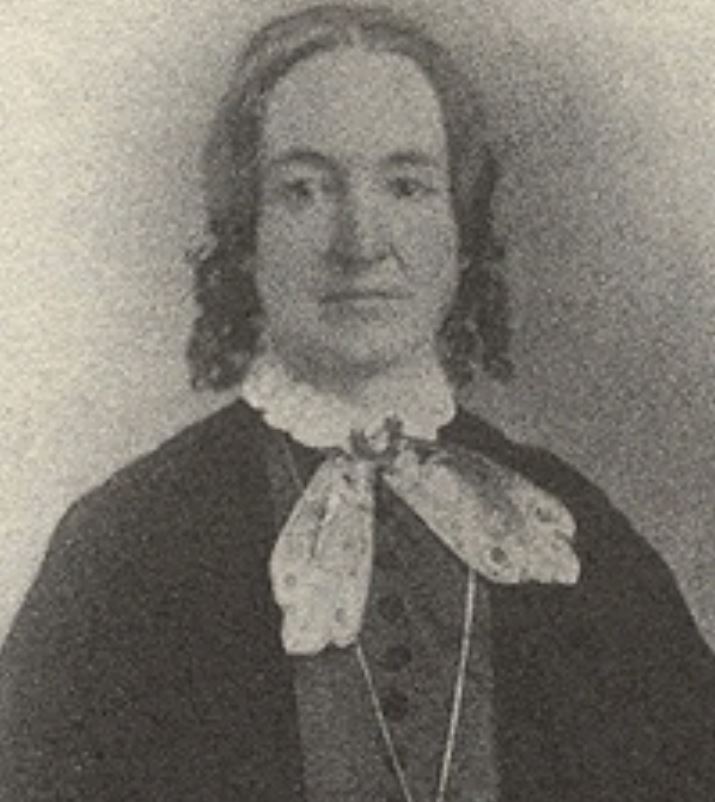
Elizabeth Packard’s story is one of triumph amidst tragedy. In 1860, Elizabeth was wrongfully institutionalized by her husband, who claimed her outspoken personality indicated madness. After three years of confinement, she bravely fought her diagnosis in court and won her freedom. Elizabeth dedicated her life to reforming mental health laws and advocating for the rights of women unjustly institutionalized. Her ordeal highlighted the danger of societal biases surrounding mental health, particularly against outspoken women.
6. Virginia Woolf
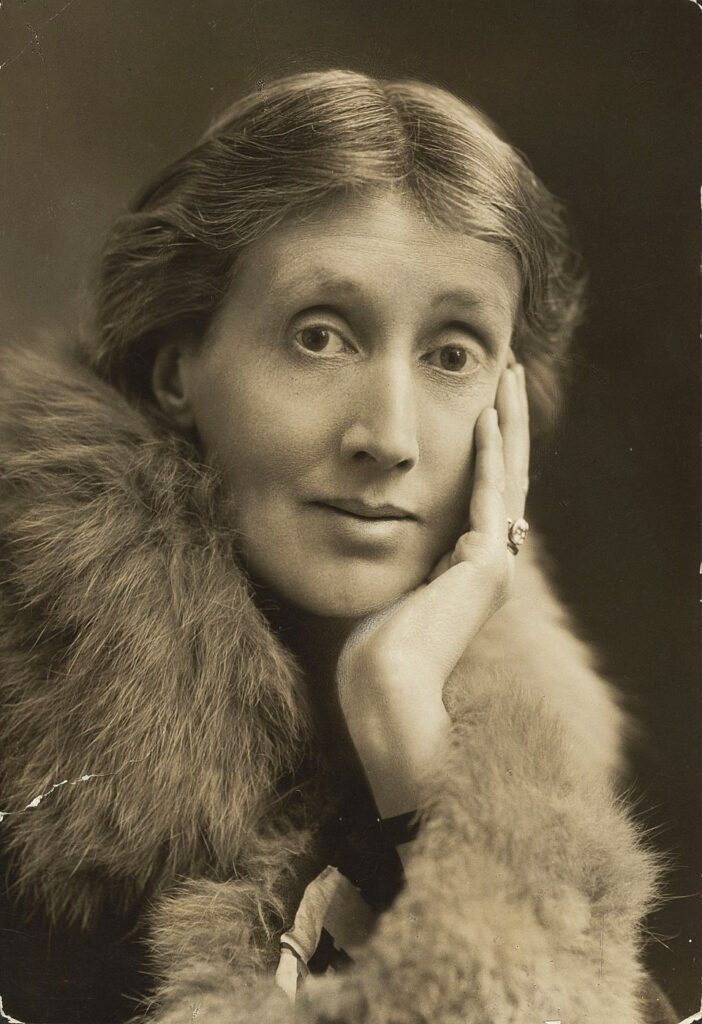
Virginia Woolf, one of literature’s most profound voices, faced relentless mental health challenges throughout her life. Woolf experienced intense mood swings, characterized by periods of remarkable productivity followed by deep depressions. Her inner turmoil significantly influenced her writing, often marked by themes of isolation and existential reflection. Tragically, Woolf’s illness led her to suicide in 1941. Scholars now recognize her symptoms as indicative of bipolar disorder, revealing a painful backdrop to her literary brilliance.
7. Abraham Lincoln
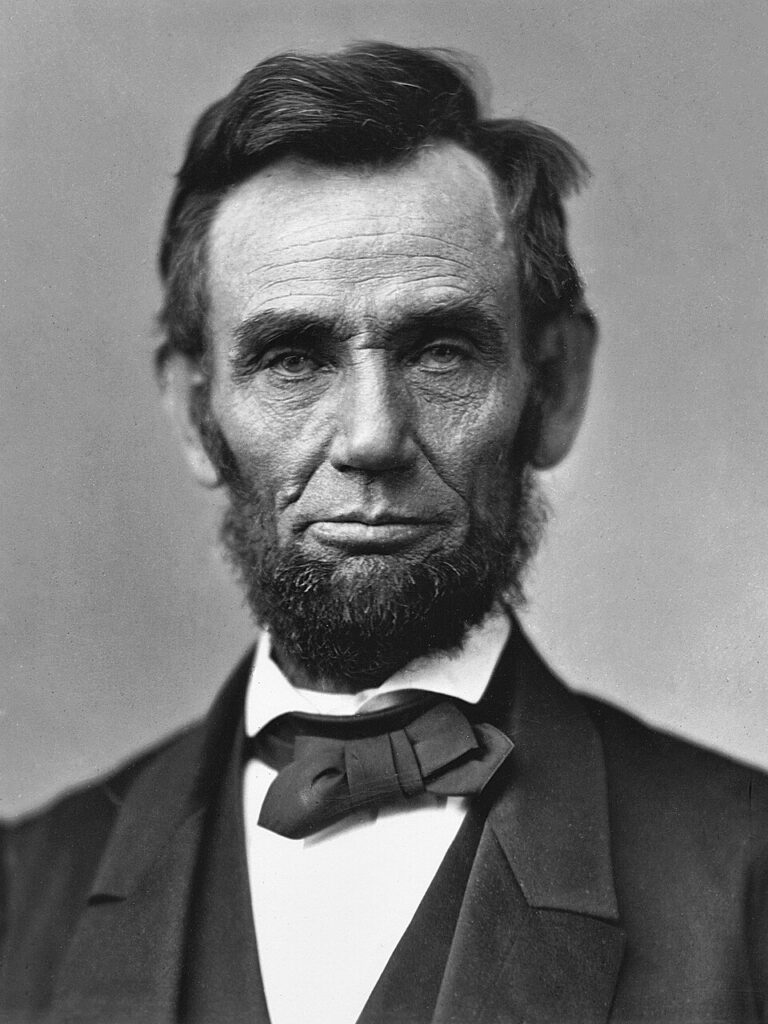
Widely respected for his strength and leadership, President Abraham Lincoln privately endured severe and recurring bouts of depression, often described as “melancholy.” His condition included frequent episodes of intense sadness, despair, and at times suicidal ideation. Despite these struggles, Lincoln led America through the devastating Civil War, demonstrating incredible resilience. His life underscores how profound emotional struggles can coexist with exceptional leadership and strength of character.
8. Ludwig van Beethoven
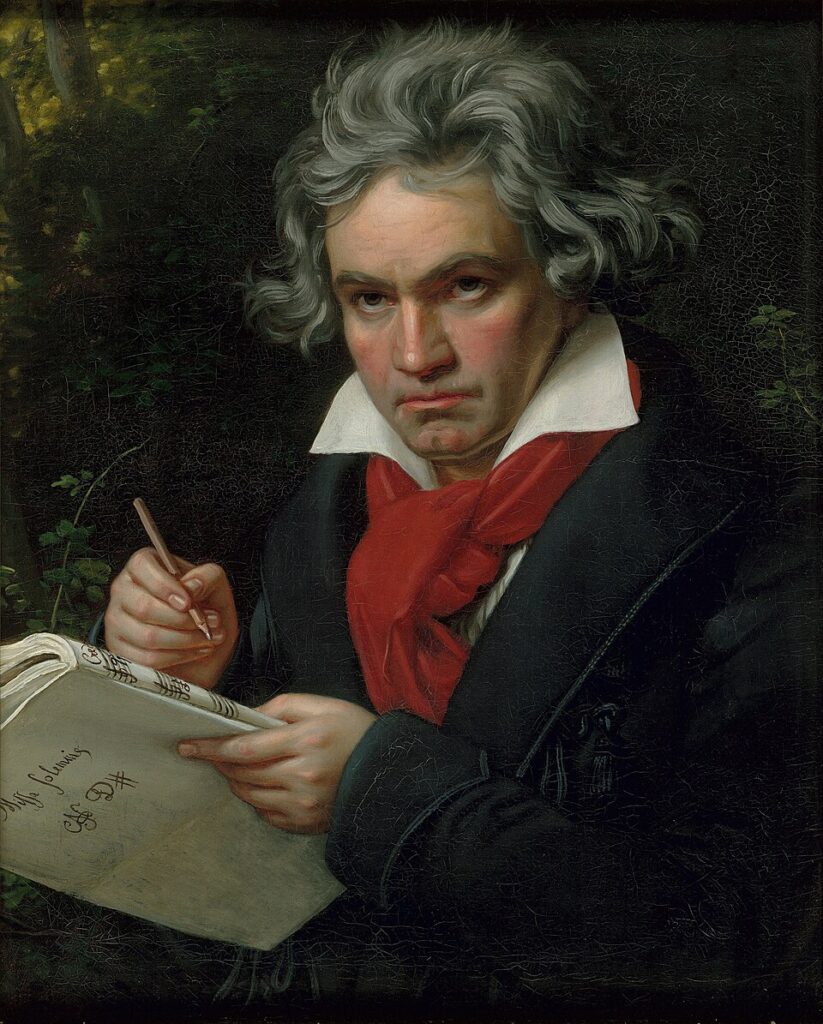
Ludwig van Beethoven, one of history’s most celebrated composers, suffered immensely throughout his life from extreme mood swings, isolation, and progressive hearing loss. Today, his condition would likely be diagnosed as bipolar disorder. Beethoven’s periods of manic productivity enabled extraordinary creativity, yet his depressive episodes brought intense isolation and despair. His emotional and physical suffering deeply influenced his compositions, bringing a unique depth and power that still resonates today.
9. Robert Schumann
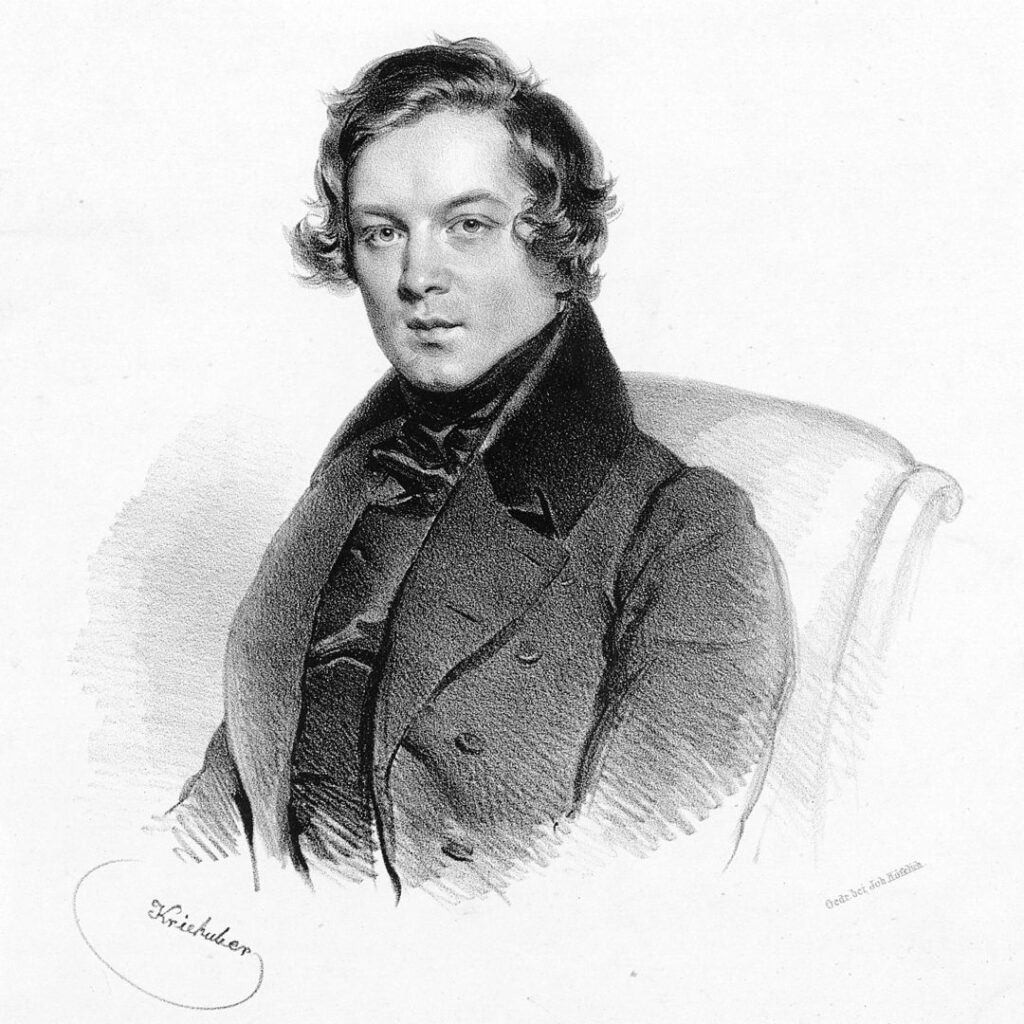
Composer Robert Schumann’s music, renowned for its emotional depth, echoed his lifelong struggle with mental illness, notably bipolar disorder. His life alternated between periods of manic creativity and severe depression, eventually leading to auditory hallucinations and suicide attempts. Institutionalized later in life, Schumann spent his final years in isolation. Today, his music is appreciated both for its artistic brilliance and its poignant reflection of the emotional turmoil he experienced.
